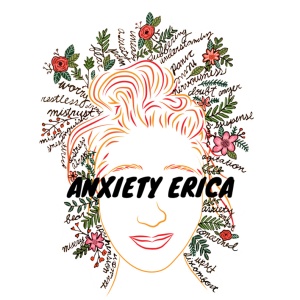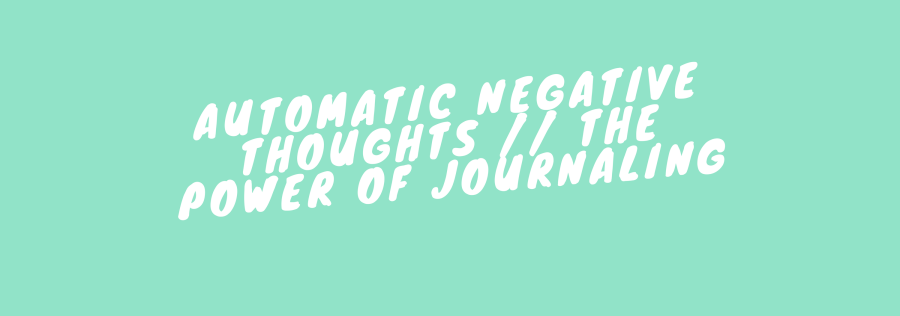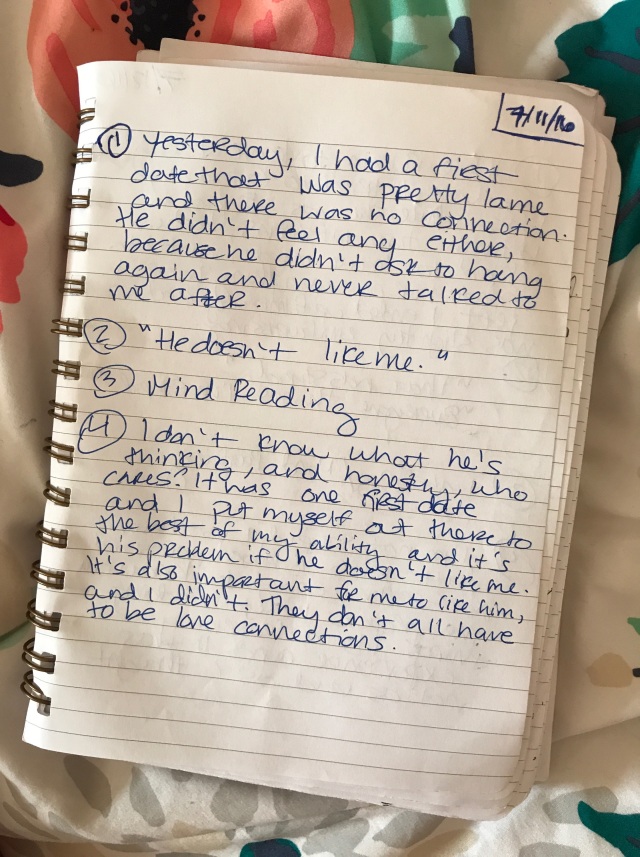When I got into therapy on Tuesday, it was a regular session. We discussed smaller triggers I had experienced throughout the two weeks, such as the fight about money with my father and even former hook-ups of mine starting to message me again, and not really being ready for that kind of male attention.
However, it wasn’t until I began to discuss a certain person in my life (who I am choosing not to name due to sensitivity) that the real discussion started. We’ll call her Sally. I had been in several fights with this person over the last month, and for me – it’s always difficult to handle.
I needed space, and Sally just hasn’t been able to respect that. Calling and texting me every single day, I would grow more and more anxious and angry at even the thought of picking up the phone. Writing a new blog post on money anxiety, Sally texted me with her opinion of what she read, and it was borderline emotionally abusive – according to my therapist. I was shamed for even having money troubles to begin with. Rather than seeing how much vulnerability it took to write the post, she focused on tearing me down. The relationship can be described as my therapist states,
“They pull you in with charm, only to slap you then kiss you.”
This is a narcissist.
Whether it’s a friend, partner, or even family member, narcissists can have a serious, negative impact on everyday life and relationships. We tend not to see narcissists in our lives until confronted with the cold, hard facts about their personalities. Sometimes, we are just too close to see, but once you do – it all becomes very clear. You stop feeling the shame and guilt, and start seeing that this is their problem, not yours.
After the session, my therapist emailed me a handout that helped me to better understand narcissistic behavior, and validated my experience all these years. The information below is loosely based off that handout by Elisabeth Caetano.
They’re likable, at first glance.
Narcissists tend to be well versed in first impressions, coming across as personable and charismatic. In the beginning, all you see is the positive, but over the long term more and more negativity seeps through.
They always manage to make it about themselves.
While they engage initially, they always eventually turn the conversation around to talk about themselves, their accomplishments and achievements and typically don’t ask about you and your life or interests.
Not all stories are victorious ones.
Narcissists often tell stories about themselves – sometimes even repeating the same story over and over again – and many times, the story will be surrounding an instance of personal heroism or an exploit. But, even when the story is something negative, it will never be the narcissist’s fault. There’s an air of entitlement in the victory story and victimization in the failure.
The key is seeing through the facade, as they never take responsibility for anything negative.
Appearance is everything.
While they aren’t necessarily more attractive than other people, they do take care of their appearance and place an importance on looking good. This doesn’t just apply to physical, the emotional has to seem perfect all the time as well.
Making sure everyone knows how hard they work, how much they make money-wise, how much they have, and how deserving they are of it is essential.
They are hyper sensitive to criticism.
Fragility of the ego is paramount in narcissistic behavior. They simply cannot be wrong, or responsible, therefore – you cannot give them even constructive criticism without it turning into an argument.
With no ability to see themselves as less than, or flawed, they are almost delusional in their “truth” of who they are. It’s not your fault if you can’t help them see.
They love to make excuses.
Tending to externalize blame, pinning the blame on everyone but themselves, narcissists are skilled at making excuses and not taking credit for mistakes.
They even tend to get extremely defensive and then go on the attack – sometimes in an aggressive manner – to prove it’s not their fault. This usually involves tearing others down to make their “point.”
They do not honor boundaries.
This one I have experienced all too well. While this is more of an informational post helping others to understand when a narcissist might be in their lives – I still think back to my own situation. I have someone very close to me who fits the bill in most of these traits. While I love her, it’s incredibly hard to handle. She has always been problematic with this specific behavior.
Narcissists do not honor boundaries because they simply don’t believe it applies to them. That’s where the sense of entitlement comes back into play. Healthy emotional boundaries are essential for any relationship – especially for people suffering with mental illness. To disrespect that is toxic, inconsiderate, and potentially dangerous for another person.
It’s likely they have no clue they are a narcissist.
With no real insight or ability to see themselves at that level, it’s likely they will never understand how their behavior effects the people around them.
Because they feel so superior and may even have some success, they’re unlikely to seek treatment. In itself, this issue is a double whammy because the things they see in themselves prevent them from seeing they have real problems that need to be dealt with.
Flattery maintains the peace.
Have you found yourself resorting to flattery to maintain the peace in a relationship? You’re dealing with a narcissist. While it’s the best way to avoid conflict, it can cause you to doubt yourself – your feelings, perceptions.
Did any of these situations above feel all too real? If so, it might be time to make some changes. If you don’t feel emotionally safe with someone, cut the cord.
While it can feel like being in a relationship with a narcissist is necessary for survival, your mental health is worth more.
It’s a long process to recover yourself after being in any type of relationship, but it can be done. You can rebuild your life, emotional health, and come back from being lost in the toxic world of a narcissist.
Have you dealt with a narcissist in your life? Share your story in the comments below.

















